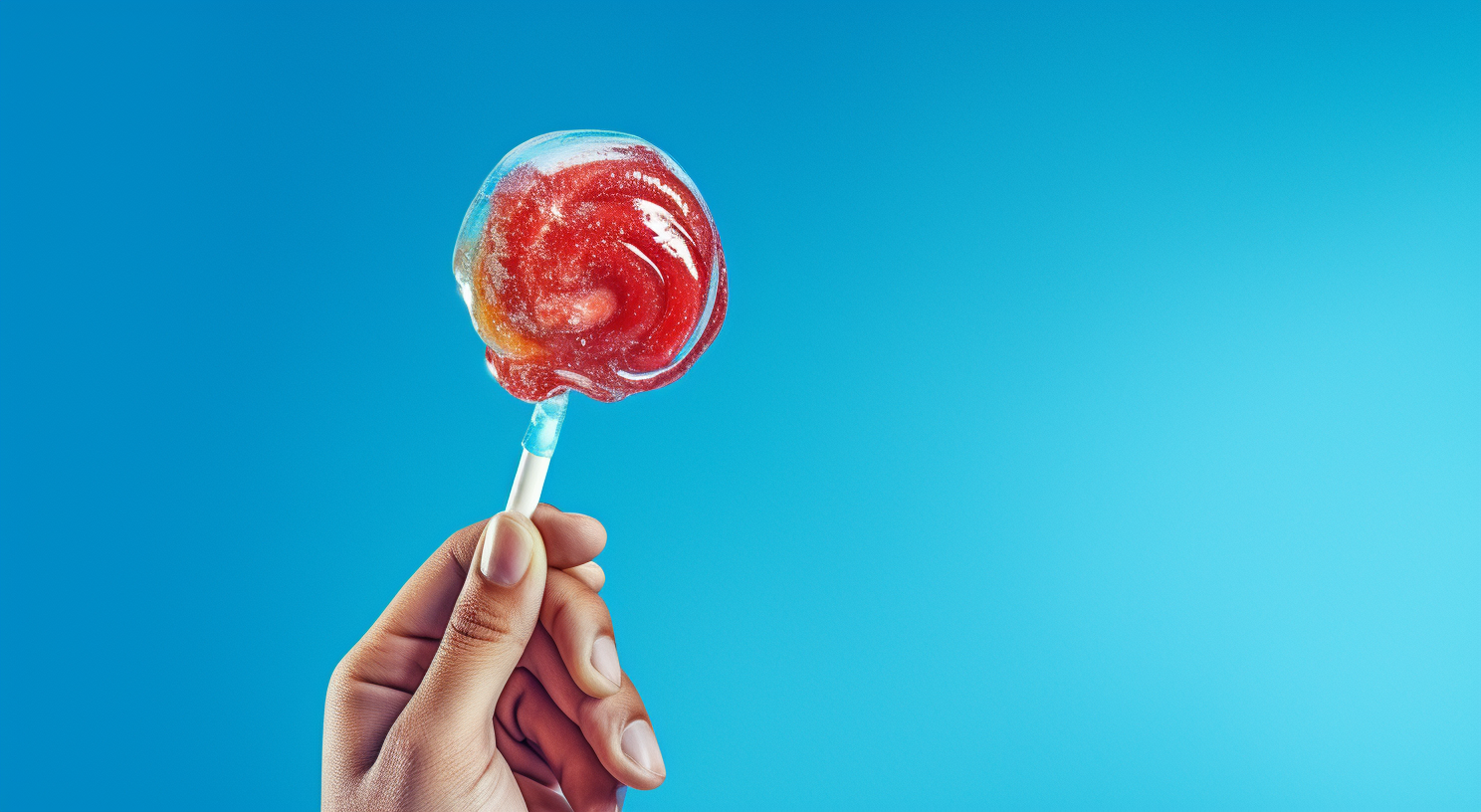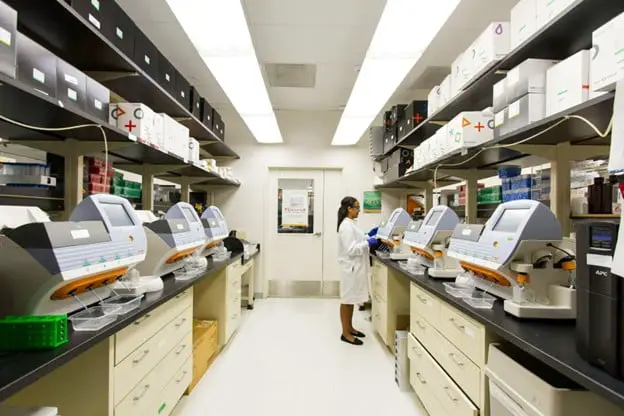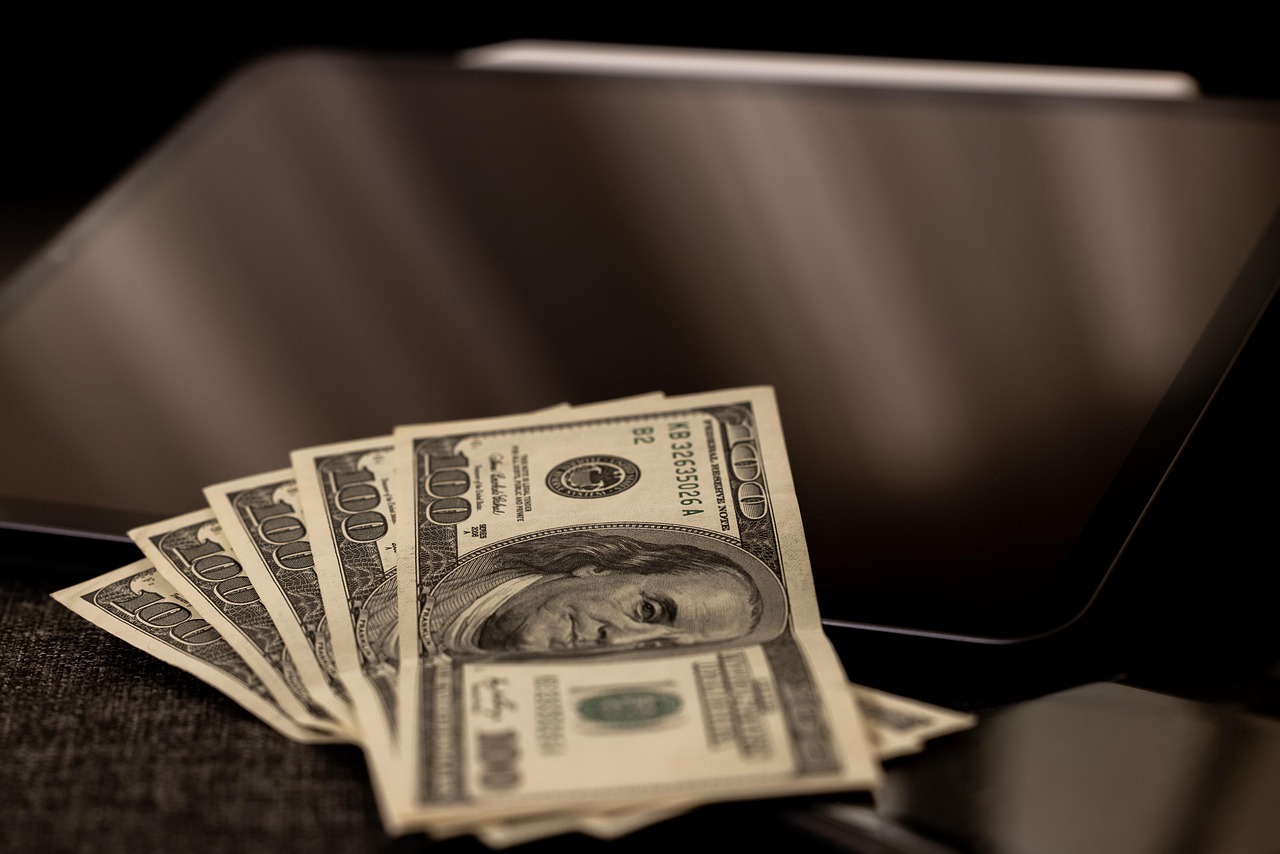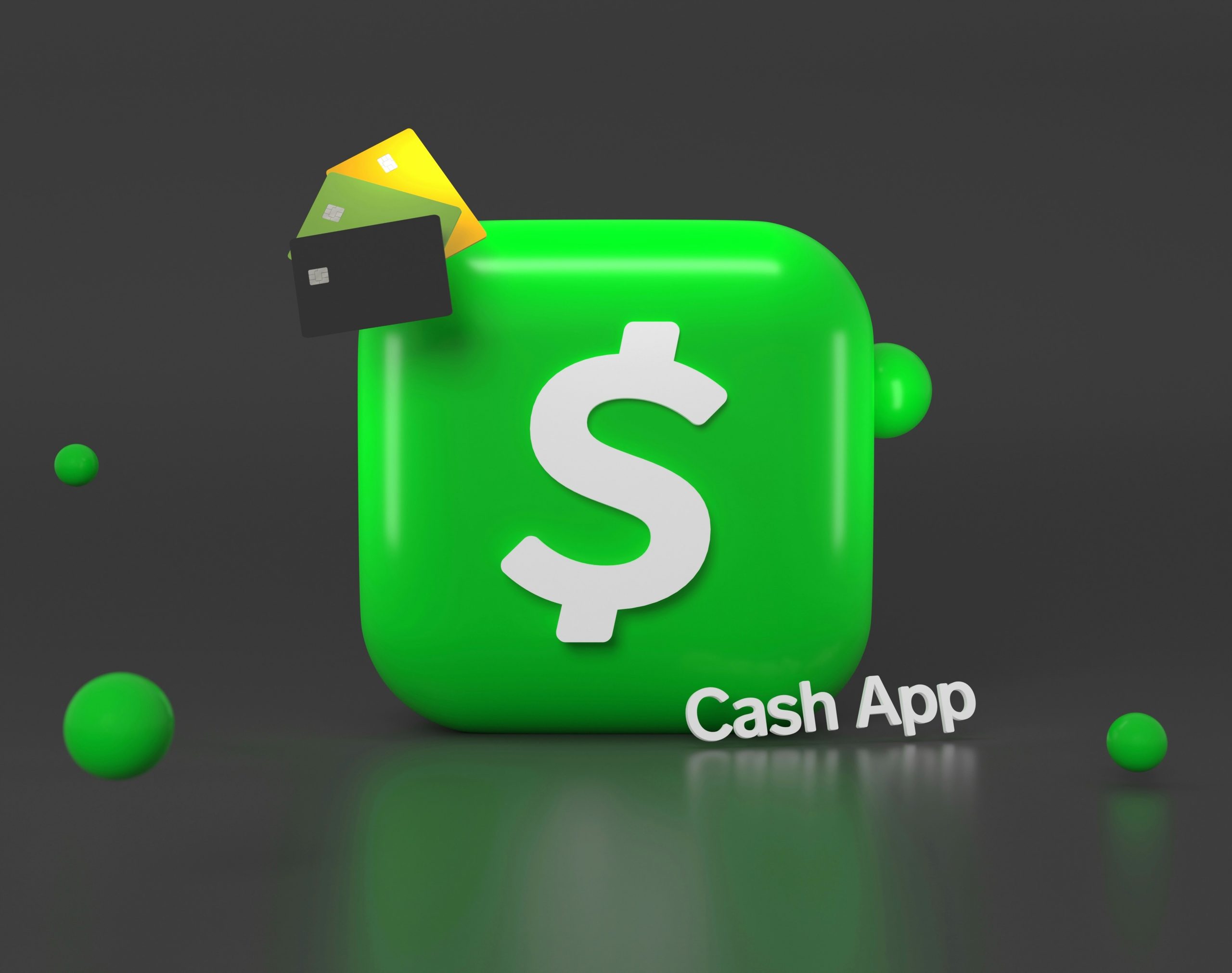The Irresistible Lure of Freebies: Unmasking the Psychological Triggers

In a world where nothing comes for free, the allure of freebies is undeniable. We’ve all been there, lured by the ‘Buy One, Get One Free’ offer, or the complimentary dessert at our favorite restaurant. But have you ever stopped to wonder why we find freebies so irresistible? The answer lies deep within our psyche, a fascinating interplay of psychological principles that marketers cleverly exploit. Today we’ll take you on a journey through the hidden psychology behind our love for freebies, a secret that most of us are unaware of.
The Power Behind The Word ‘Free’
There’s something about the word ‘free’ that triggers an automatic response in our brains. It’s a powerful motivator that often overrides our rational thinking. This is because, from a psychological perspective, the pain of losing something outweighs the pleasure of gaining something of equal value. This is known as ‘loss aversion’. But when something is free, there’s no potential for loss, making the offer incredibly enticing.
Moreover, ‘free’ also taps into our inherent fear of missing out (FOMO). The thought that we might miss out on a good deal often leads us to make impulsive decisions, even when we don’t necessarily need the item.
The Reciprocity Principle
Another psychological principle at play is the ‘reciprocity principle’. This principle suggests that we feel obligated to return a favor when someone does something for us. So, when a company gives us something for free, we subconsciously feel a need to reciprocate, often by making a purchase or spreading the word about the company.
This principle is so powerful that it often leads us to reciprocate with a gesture far more valuable than the original gift. This is why companies are willing to give away free samples or trial periods, confident in the knowledge that a significant percentage of users will feel compelled to make a purchase afterwards.
The Scarcity Effect
Scarcity is another psychological trigger that marketers use to their advantage. When something is scarce, it appears more valuable to us. This is why limited-time offers or limited-quantity items are so effective. They create a sense of urgency that prompts us to act quickly, for fear of missing out.
When combined with the offer of a freebie, the scarcity effect can be incredibly powerful. The thought of missing out on a free item that’s also scarce can lead us to make purchases we wouldn’t otherwise consider.
The Social Proof Principle
Humans are social creatures, and we often look to others for cues on how to behave. This is the ‘social proof principle’. When we see others taking advantage of a free offer, we’re more likely to do the same, believing that if it’s good enough for them, it’s good enough for us.
This principle is often used in conjunction with other psychological triggers to increase its effectiveness. For example, a limited-time free offer might also include testimonials from satisfied customers, further encouraging potential customers to take advantage of the offer.
The Anchoring Effect
The ‘anchoring effect’ is a cognitive bias that causes us to rely too heavily on the first piece of information we receive (the ‘anchor’) when making decisions. In the context of freebies, the anchor is often the perceived value of the free item.
Once we’ve anchored to this value, any price we’re asked to pay afterwards seems small by comparison. This is why ‘free’ trials often lead to paid subscriptions, even when the subscription price is relatively high. The value we received during the free trial serves as an anchor, making the subscription price seem more reasonable.
The Novelty Factor
Finally, the ‘novelty factor’ plays a significant role in our love for freebies. Our brains are wired to seek out new experiences, and a freebie is often seen as a novel and exciting opportunity. This novelty factor can make freebies seem more valuable than they actually are, further increasing their appeal.
Understanding the Psychology of Freebies
The psychology behind our love for freebies is a complex interplay of various cognitive biases and social influences. Understanding these psychological triggers empowers both consumers and marketers. While it’s essential to be aware of how our brains respond to free offers, businesses can use these insights to engage customers effectively. As consumers, being mindful of these psychological principles can help us make more informed decisions, ensuring that our love for freebies doesn’t lead to unnecessary expenses. Ultimately, freebies are a powerful tool that can benefit both sides of the transaction when used thoughtfully and ethically.





